
Radar | Jan 16,2024
May 16 , 2020
By MUHABA OUMER ( FORTUNE STAFF WRITER )
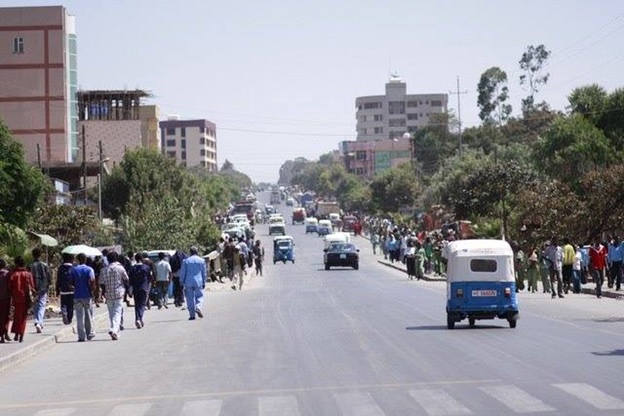
The Oromia Regional State has started the construction of an irrigation dam in Ambo town of West Shoa Zone, a project expected to cost 3.2 billion Br. The Dam is designed to irrigate about 5,000ha of land.
The Dam is being built jointly by the Ethiopian Construction Works Corporation and the Oromia Water Works Construction Enterprise. Located in the upper Guder area, the Dam can hold 57 million cubic metres of water, is expected to be finished in three years and is currently five percent complete.
The Ethiopian Construction Works Corporation, a company that was re-established in December 2015 and has a track record of building water supply projects in Dessie and Adama, is undertaking the first lot of the project, mainly the headwork, which includes digging the dam and building the canals. The Oromia Water Works Construction Enterprise is in charge of the second lot, which includes building irrigation infrastructure and making sure the water is distributed to the farmers.
The Ethiopian Construction Design & Supervision Works Corporation is a consultancy group that specialises in water and energy projects and road and tunnel construction and will supervise the construction of the Dam. The project is expected to create jobs for 200 people and eventually benefit 12,300 households.
The project will introduce irrigation in areas that are mostly cultivated by subsistence smallholder farmers who currently depend on unreliable rainfall, according to Abeje W. Michael, project manager at the Ethiopian Construction Works Corporation.
"The introduction of irrigation in the area will not only reduce risks associated with climate variability," said Abeje, "but will also help farmers transform their production systems and capture benefits from connections with markets."
Guder Dam is among the three dams that were recently launched in the Regional State. The other projects are located in Chelchel Raytu Bale and Welmel Bale areas. The three dams are expected to irrigate a total of 20,000ha of land and benefit 39,000 households and are all funded by the Regional State and the Ministry of Water, Irrigation & Energy.
Ethiopia has a significant advantage when it comes to building irrigation projects thanks to its abundant surface water resources, according to Kebede Debelo, head of rural agriculture and water irrigation in West Shoa Zone.
"A step-by-step strategy is required to shift from rain-fed food crop production to market-oriented fruit and vegetables as well as export cash crop production," said Kebede.
The Enterprise aims to partner with local and international companies to introduce state-of-the-art technologies such as drip and sprinkler irrigation systems, according to Indale Himeno, director of contract administration and design evaluation at Oromia Water Works Construction Enterprise.
Two weeks ago Prime Minister Abiy Ahmed (PhD) and Eritrean President Isaias Afwerki inaugurated the Meki-Zeway Irrigation Development Project that was built for 292 million Br. Located in Dugda Wereda in East Shewa Zone of the Oromia Regional State, the Project will allow for the development of 2,000ha of land.
The government has allocated close to 15 billion Br this fiscal year for the construction of irrigation dams with the goal of increasing agricultural productivity at a national level.
Mohammed Hassan, a lecturer at Jimma University, says that irrigation plays a significant role in improving agricultural production and is one of the most critical human activities for sustaining civilisation.
Traditional rain-fed agriculture, which is susceptible to the challenges of climate change, is what sustains most of the country's farms.
"This does not mean that irrigated agriculture is resistant to climate change," he said, "but those farms are less vulnerable than those that rely on the rain."
Since 1960, Ethiopia has constructed more than 35 hydropower, irrigation, drinking, fishing and flood control dams.
PUBLISHED ON
May 16,2020 [ VOL
21 , NO
1046]

Radar | Jan 16,2024

Films Review | Sep 10,2022

Viewpoints | Aug 13,2022
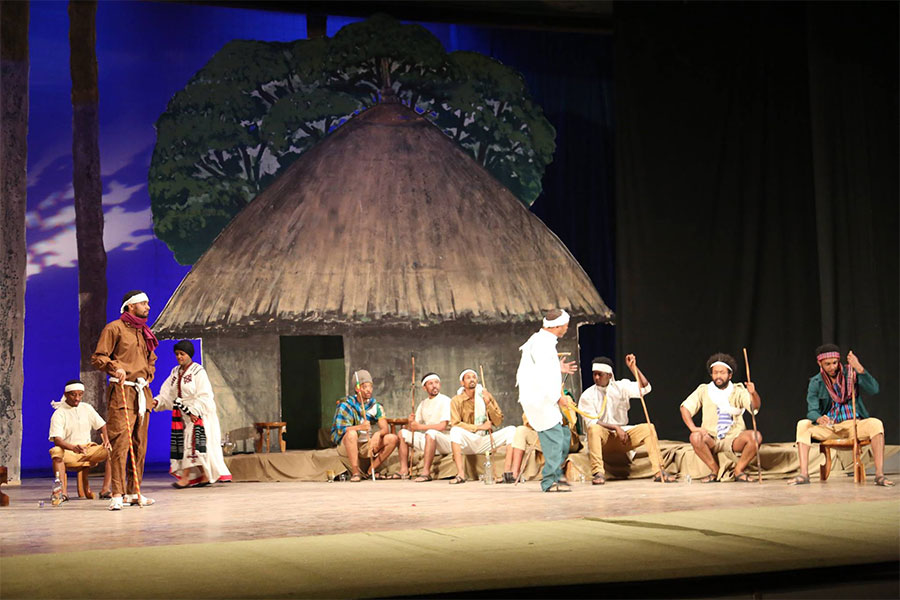
View From Arada | Sep 03,2022
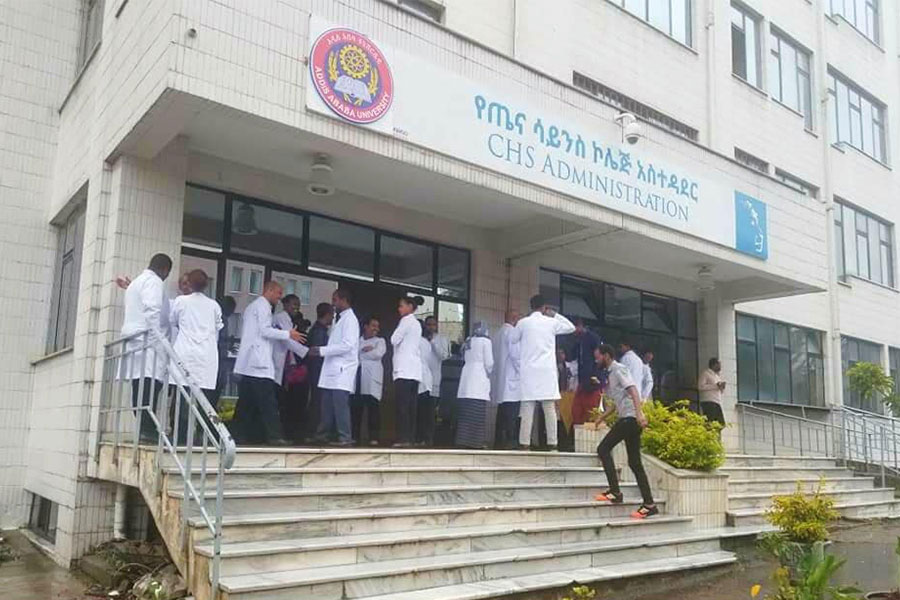
Fortune News | Aug 12,2023
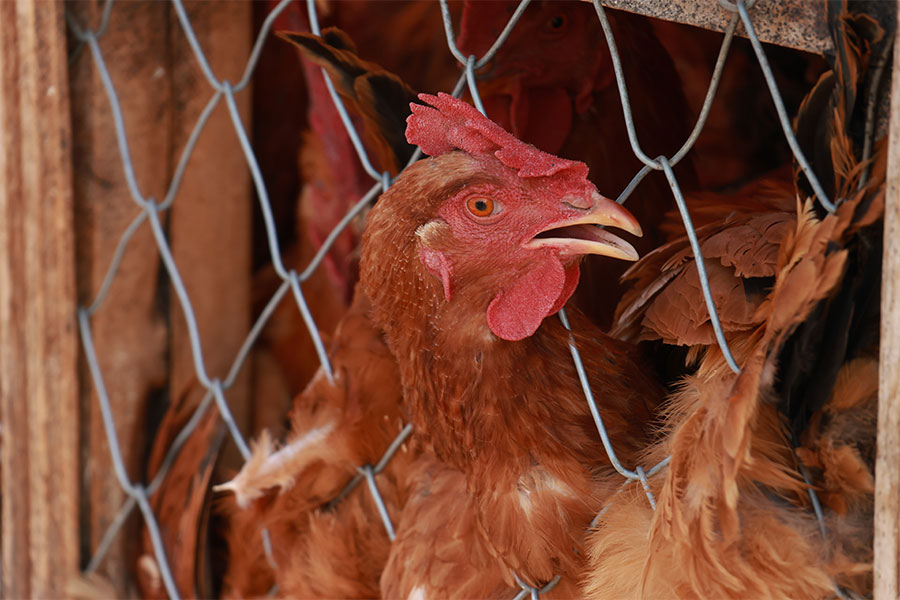
Radar | Jan 09,2024
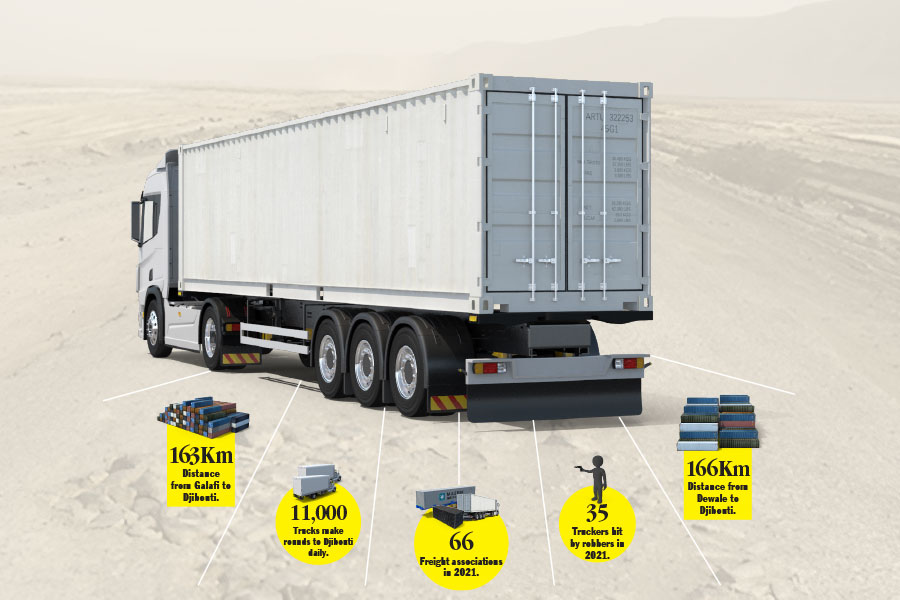
Fortune News | Dec 24,2022

Fortune News | Jan 21,2023
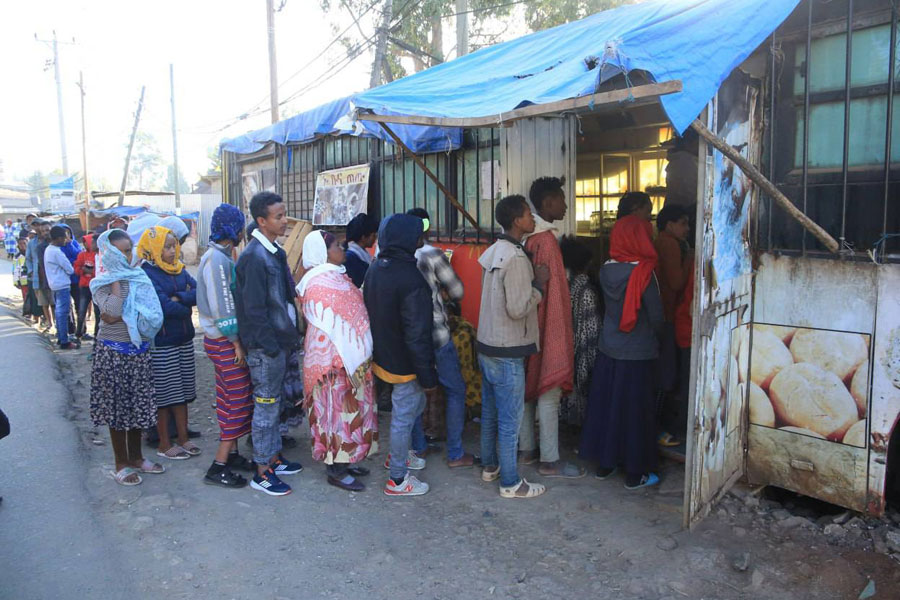
Agenda | Feb 18,2023
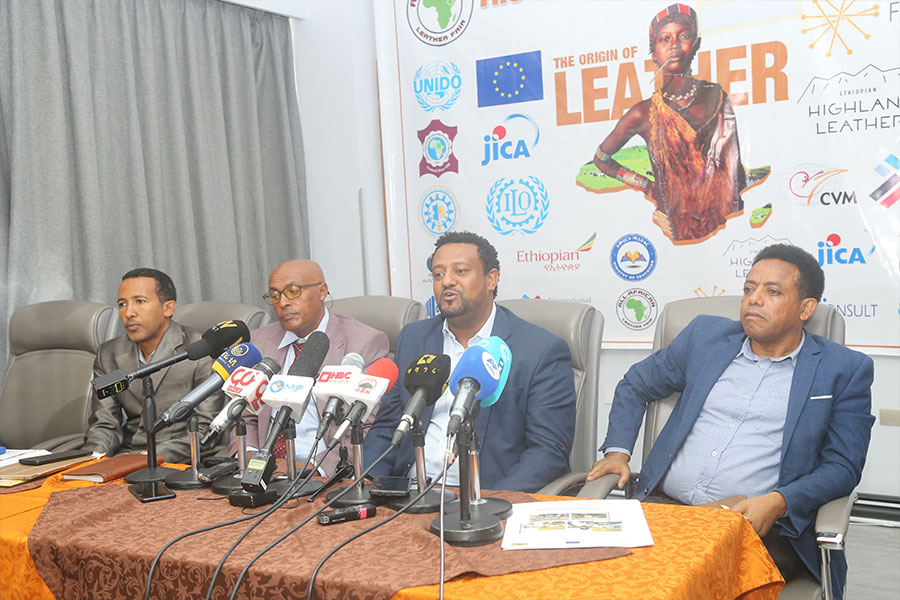
Radar | Apr 24,2023

Feb 24 , 2024 . By MUNIR SHEMSU
Abel Yeshitila, a real estate developer with a 12-year track record, finds himself unable to sell homes in his latest venture. Despite slash...

Feb 10 , 2024 . By MUNIR SHEMSU
In his last week's address to Parliament, Prime Minister Abiy Ahmed (PhD) painted a picture of an economy...

Jan 7 , 2024
In the realm of international finance and diplomacy, few cities hold the distinction that Addis Abeba doe...

Sep 30 , 2023 . By AKSAH ITALO
On a chilly morning outside Ke'Geberew Market, Yeshi Chane, a 35-year-old mother cradling her seven-month-old baby, stands amidst the throng...

Apr 20 , 2024
In a departure from its traditionally opaque practices, the National Bank of Ethiopia...

Apr 13 , 2024
In the hushed corridors of the legislative house on Lorenzo Te'azaz Road (Arat Kilo)...

Apr 6 , 2024
In a rather unsettling turn of events, the state-owned Commercial Bank of Ethiopia (C...

Mar 30 , 2024
Ethiopian authorities find themselves at a crossroads in the shadow of a global econo...